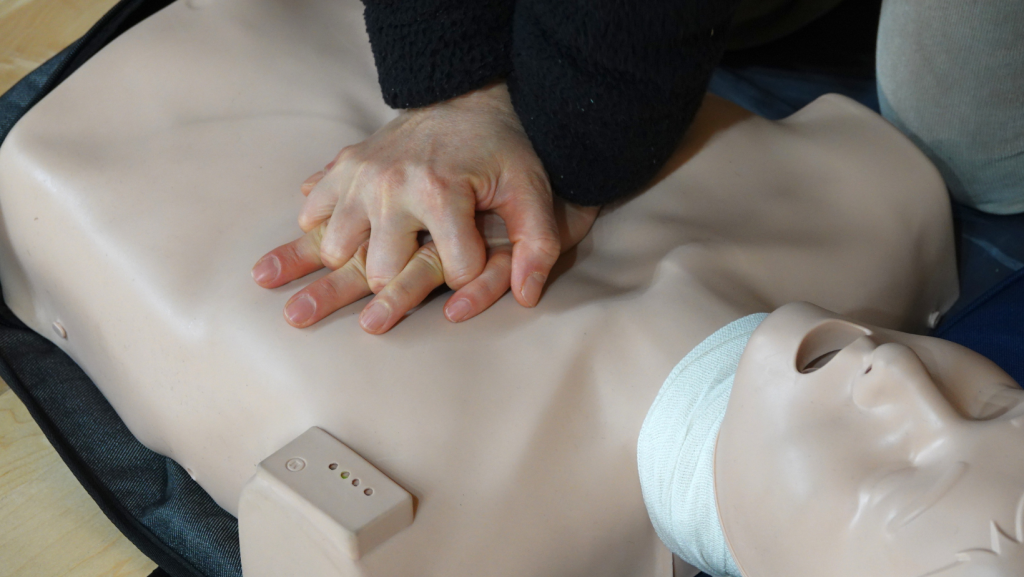Enhancing Diversity in Training Programs for CPR in New South Wales
New research featured in the BMJ Open has shed light on the need for improved CPR training opportunities in New South Wales (NSW), especially for individuals from culturally diverse backgrounds.
The study reveals that performing CPR during a cardiac arrest can significantly increase survival chances, but many Australians born overseas lack the necessary support and access to learn these life-saving skills.
Cardiac arrest survival rates outside of hospitals are typically low, hovering around 10 percent. However, when bystanders respond promptly with cardiopulmonary resuscitation (CPR) or use automated external defibrillators (AEDs), the likelihood of survival more than doubles.
The research, conducted by the Westmead Applied Research Centre (WARC) at the University of Sydney, focused on the CPR training rates and preparedness among various ethnic communities in NSW, particularly among large and growing migrant groups.
The study found that while many people express an interest in learning CPR and using AEDs, not everyone feels confident or equipped to respond in a cardiac emergency.
One significant finding was that individuals born overseas showed lower rates of CPR training compared to their Australian-born counterparts.
Only 35 percent of those born in South Asia and 48 percent of East Asian-born individuals had received prior CPR training, in contrast to 77 percent of Australian-born participants.
Moreover, only one in five respondents had received recent CPR training within the last year, despite the importance of refreshing skills, as highlighted by previous research.
According to Sonali Munot, the first author of the study and WARC Project manager, Australian migrants reported a lack of CPR learning opportunities in their countries of origin.
Furthermore, the accessibility of linguistically diverse training resources and CPR awareness campaigns in Australia is limited, compounding the issue.
Professor Clara Chow, Academic Director of WARC and senior author of the study, pointed out that other factors, such as workplace training and Good Samaritan laws, also contribute to the disparity.
Good Samaritan laws in Australia protect individuals acting in good faith while administering CPR from potential legal consequences.
Importantly, the research indicated that the lower training rates were not due to a lack of willingness to learn. Across various cultural and socio-economic backgrounds, individuals expressed openness to CPR training if given the opportunity.
This highlights the potential for public health campaigns to adapt and customize CPR training modules to increase response rates in culturally diverse communities.
In response to the need for accessible resources, some organizations have made CPR and AED training videos available online in multiple languages, including Mandarin, Cantonese, Arabic, and Hindi, among others.
The researchers believe that simple initiatives like these can significantly contribute to reducing cardiac arrest-related fatalities in multi-lingual and multi-ethnic communities.
Sonali Munot emphasized the importance of raising awareness about the effectiveness of early intervention in CPR.
Any attempt, even by untrained individuals, is better than no attempt, especially considering that automated external defibrillators (AEDs) are designed to guide users with voice prompts.
The study’s authors stress the need for everyone to be prepared and confident in responding to cardiac emergencies, particularly since three out of four cardiac arrest events occur at home or in private residential locations.




